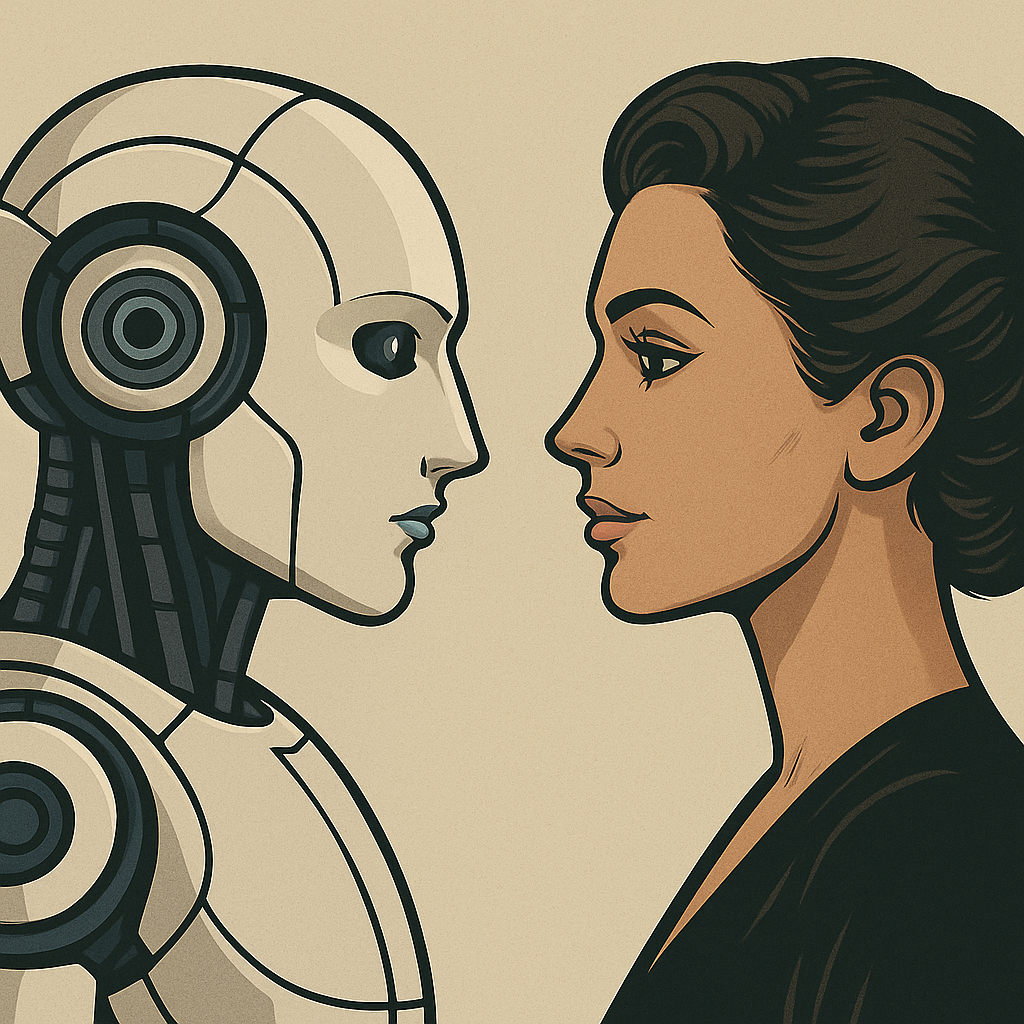The Disadvantages of Artificial Intelligence

While artificial intelligence (AI) offers remarkable advantages and opportunities for progress, it also comes with a number of serious disadvantages that deserve careful consideration. As society continues to embrace AI technologies across diverse sectors, understanding their limitations and risks is essential for responsible development and governance.
One of the most pressing concerns regarding AI is job displacement. As AI systems become increasingly capable of performing complex tasks, there is growing anxiety about the future of human employment. Automated machines and algorithms are replacing workers in industries such as manufacturing, customer service, logistics, and even professional fields like law and healthcare. This can lead to mass unemployment, economic inequality, and social unrest if alternative opportunities are not created or if reskilling initiatives are not implemented effectively.
Another major disadvantage of AI is the lack of emotional intelligence and human judgment. While AI can process data and make logical decisions, it lacks the empathy, ethics, and contextual understanding that humans bring to decision-making. This can be particularly dangerous in fields such as criminal justice or healthcare, where nuanced human insight is crucial. AI systems might make technically correct but ethically questionable decisions if not carefully supervised.
AI also poses significant privacy and surveillance risks. With its ability to analyze vast amounts of personal data, AI can be used to track individuals’ behaviors, habits, and preferences — often without their consent. Governments and corporations can exploit AI for mass surveillance, raising concerns about civil liberties, data security, and freedom of expression. The potential misuse of AI in this context has already been observed in authoritarian regimes and continues to be a topic of global debate.
A further disadvantage is algorithmic bias and discrimination. AI systems learn from historical data, and if that data contains societal biases — based on race, gender, or socioeconomic status — the AI will replicate and even amplify these biases. This can result in unfair hiring practices, biased law enforcement algorithms, or unequal access to services. The opacity of many AI models makes it difficult to detect or correct these biases, leading to a lack of accountability.
Moreover, the over-reliance on AI can diminish human skills and critical thinking. As AI becomes more embedded in decision-making processes, there is a risk that individuals and institutions may defer too readily to automated systems without questioning their accuracy or appropriateness. This blind trust can lead to serious errors, especially if the AI malfunctions or misinterprets a situation.
Finally, AI introduces existential risks. Some experts warn that the unchecked development of superintelligent AI could one day surpass human control, leading to scenarios where machines pursue goals that conflict with human values or survival. While this possibility remains speculative, it underlines the need for careful regulation and international cooperation in AI development.
In conclusion, artificial intelligence, while a powerful and transformative force, carries notable disadvantages that must not be overlooked. From job displacement and ethical concerns to surveillance, bias, and potential existential threats, AI presents challenges that require thoughtful oversight, inclusive dialogue, and proactive regulation. Only by acknowledging and addressing these risks can humanity ensure that AI serves as a tool for good — rather than a source of harm.